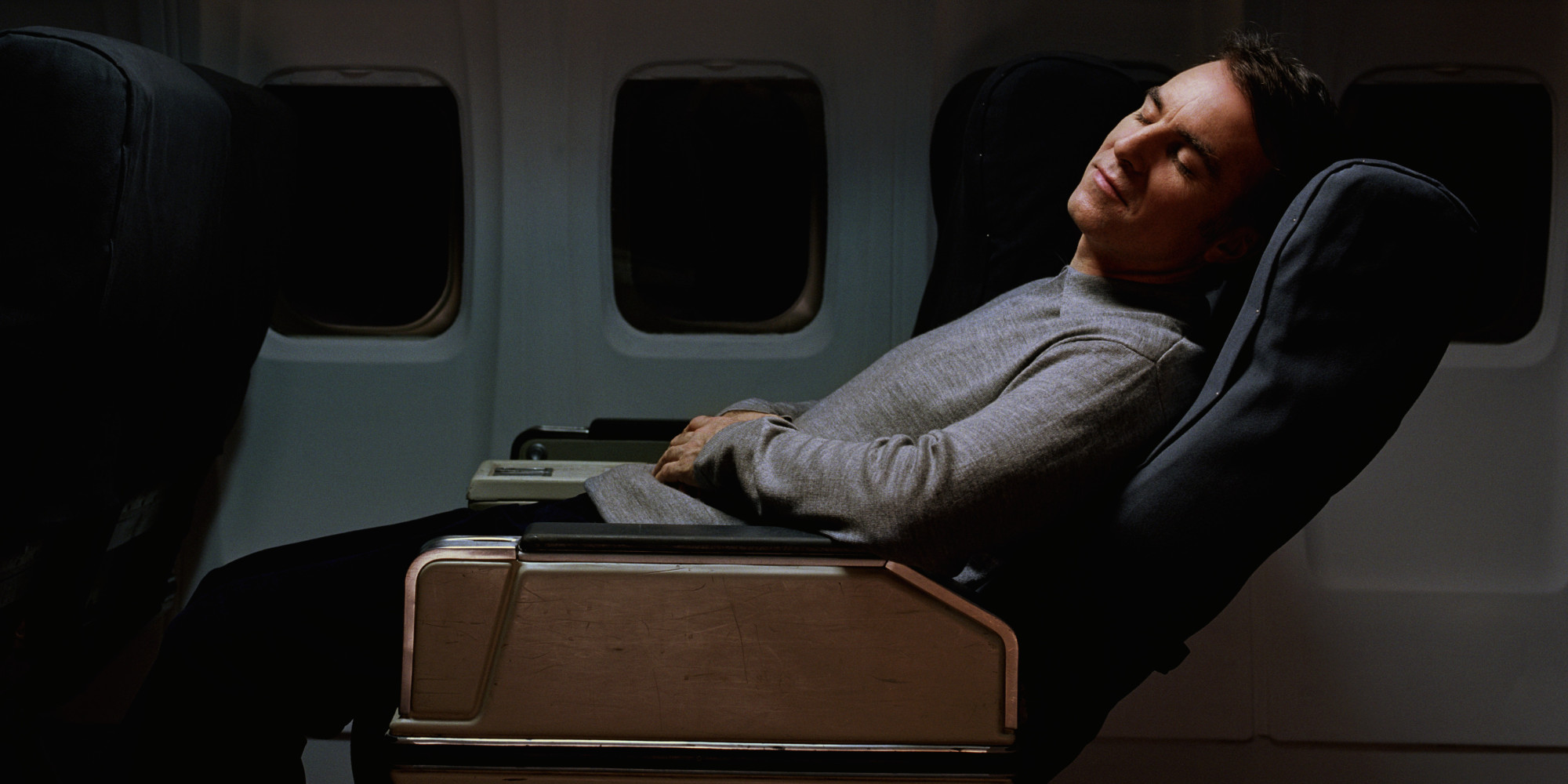Traveling especially using airplanes and jetting off to a foreign country will surely upset your sleep schedule; even if you are traveling just for fun.
A medical director of the Johns Hopkins Center for sleep, Charlene Gamaldo said; “everyone has an optimal period when our body wants to sleep – This is usually around 11pm. to 7a.m. This is what is known as Circadian Window”. “And anytime you travel more particularly across two or more time zones, it ends up causing confusion on your circadian window,” she added.
Well, it does not matter if you are traveling for fun, vacation, or work; below are a few tips to in accordance with tips from sleep innovation to minimize sleep disruptions.
Strategic Sleep
Three days before you are scheduled to travel, it is wise to start moving your bedtime an hour late or early than normally you would. During the second day, add another hour and add another on the third day. According to Gamaldo, this technique takes one day per time zone, giving your body time to adjust. Therefore, planning ahead will help you ease the transition.
Flow Local Time (The Time Zone Of Where You Are Going)
Experts recommend trying to sync your biological clock with the local schedule. What does this mean? Well, for example, if you are landing when people are fully awake (like the middle of the day), then you should follow this timeline. You can achieve this by sleeping as much as possible on the plane. This should apply if you are going to land at night; meaning that you should do your best to stay awake on the plane.
Follow The Two-Day Rule
Gamaldo recommends a person traveling to another country for less than two days not to change their own sleep time schedule. This is because by the time the body adapts; it will be time to go back home. In such a chase, she suggests requesting or following any obligations during the equivalent of peak waking hours at home (if possible).
Minimizing Light Exposure
Gamaldo advises those traveling east and their flight is set to arrive early in the morning to have a pair of sunglasses to limit light exposure. It is wise to get more light exposure late morning and early afternoon, which will help shift the body’s clock closer to your destination’s time zone.
“The main goal is to try to adapt the body’s clock so that it gets closer to bedtime at your destination,” she added. If a person is traveling westward, which is not as bad as traveling eastwards, one should seek for light exposure early in the evening. You can achieve this by eating outdoor or simply going for a walk.
Exercise
When you are ready to begin your day, she endorses taking a shower and later head out for exercises. This technique signals the body that it is time to get going. “Increasing body temperature is a trigger for circadian rhythm,” she added.
Take Melatonin
Body’s melatonin hormone levels naturally increase about two hours before its bedtime. If this process is interfered with, the body might need a little nudge. Melatonin is widely available as a non prescription sleep aid, and available up to 10 milligrams doses.
Melatonin will help the body generate natural melatonin, especially when your sleep timetable is off. “Melatonin isn’t a treatment for jet lag,” Gamaldo cautioned. “research has proven that light exposure during the day is a more effective way of resetting your biological clock.”
